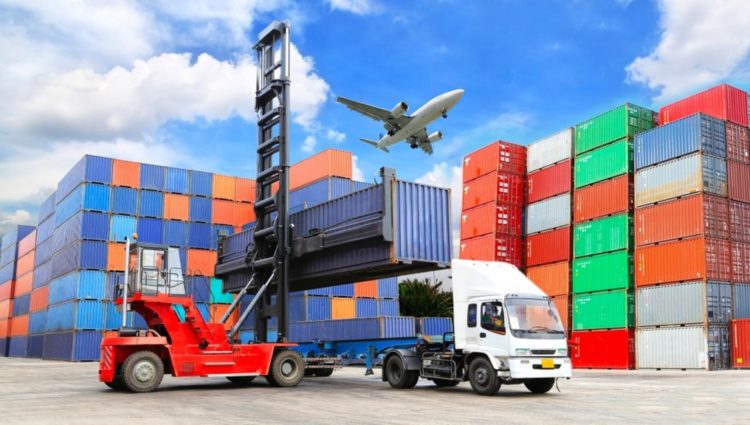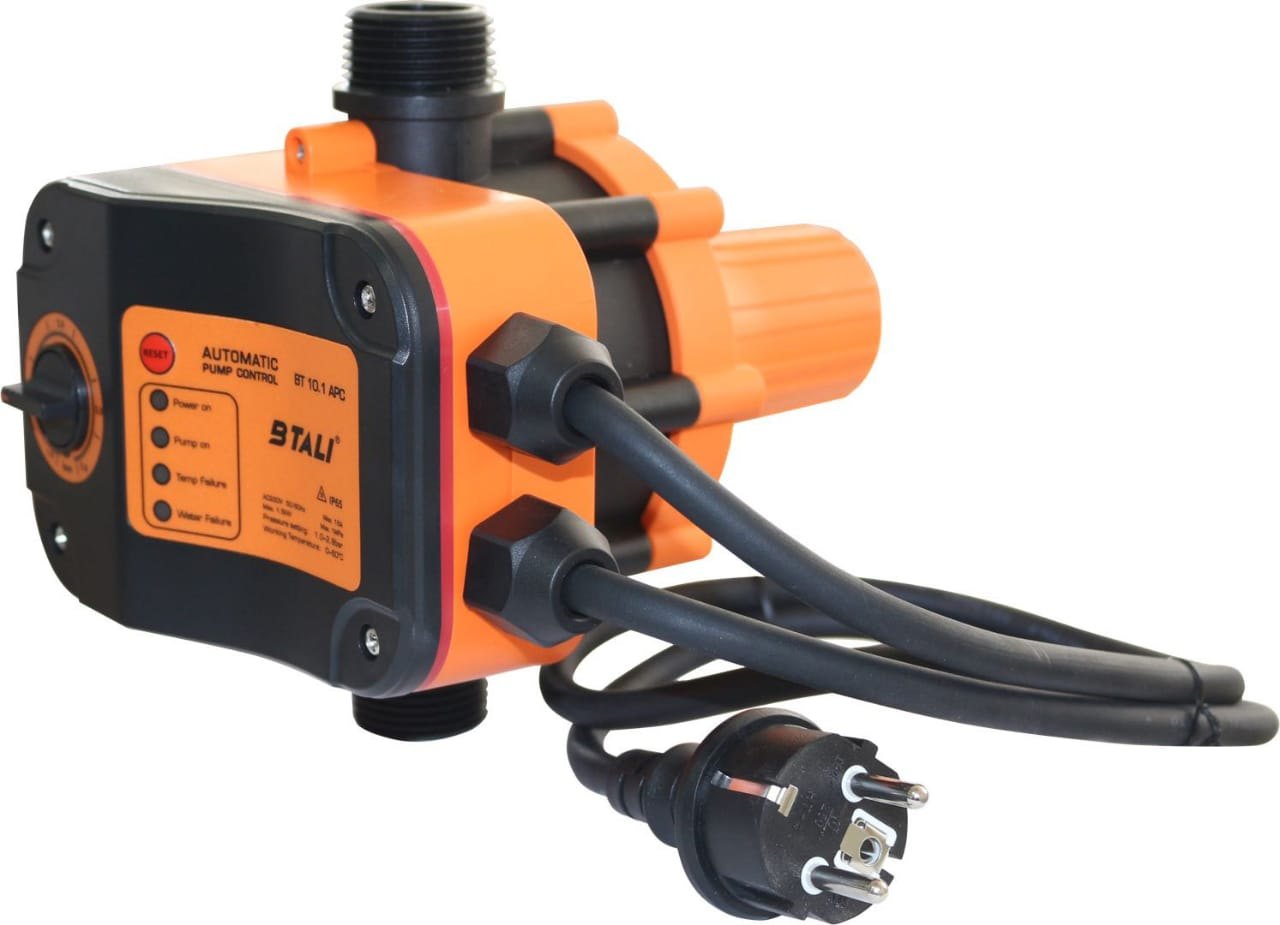Indonesia is an extensive archipelago that includes more than 17,000 islands is a nation where cargo expeditions play a pivotal role in connecting its diverse regions. With its vast and varied landscape, transportation of items across Indonesia demands a streamlined and reliable logistics framework. Cargo expeditions are the lifeline that connects urban areas as well as remote islands and international markets. They ensure that businesses thrive and essential items are delivered to every part of the nation. From agriculture products to industrial machinery and even industrial machinery, the industry of cargo is a major source of income for Indonesia is instrumental to boost economic development and ensuring the survival of millions of people.

The complexity of ekspedisi jakarta muat is heightened by the country’s unique geography. It covers more than 5,000 km from east to west Indonesia’s islands are divided by rivers, seas and mountains, presenting logistical challenges that require innovative solutions. Sea freight is a dominant mode of transportation, with ports such as Tanjung Priok in Jakarta and Tanjung Perak in Surabaya serving as hubs of major importance for import and export shipments. Apart from transport via maritime routes, air cargo has gained prominence over the last few years, providing speedier delivery options to those with time-sensitive items. The multi-modal method ensures the goods are efficiently transported across the archipelago, despite its geographic constraints.
The business of cargo transportation in Indonesia is experiencing rapid transformation to accommodate the requirements of a growing economic. Technological advancements, such as real-time tracking systems and automated logistics management have transformed the way goods are transported. Companies are leveraging digital platforms to offer complete transparency and streamlining operations, which allows companies and their customers to follow their deliveries easily. Additionally, the rise of e-commerce has increased demands for more rapid and flexible delivery services, prompting logistics companies to extend their operations and enhance the last mile delivery options. Digital transformations have made the cargo journeys more effective, transparent, and customer-focused.
Government initiatives also contribute significantly to shaping the cargo expedition landscape in Indonesia. Programs like the “Sea Toll Road” aim to reduce logistics costs and enhance connectivity between important islands as well as remote areas. Through improving port infrastructure as well as subsidizing shipping routes the government seeks to address the disparities that exist in regional development as well as encourage the integration of economies. These initiatives are especially beneficial to smaller islands as well as rural areas, where access to goods and services is often restricted. By bridging these gaps cargo trips aid in reducing the gap between people and fostering inclusive growth all over the world.
Environmental sustainability is becoming more important in the Indonesian cargo sector. The industry is growing it also has a greater impact on the environment, particularly by the emissions of ships, planes, trucks and ships. Companies are beginning to adopt sustainable logistics methods, such as optimizing delivery routes, utilizing eco-friendly vehicles and experimenting with alternatives to fuels. In addition, efforts to cut down on packaging waste and to promote sustainability in supply chains are getting momentum. They do not only match with global environmental goals but also enhance the reputation of Indonesia’s logistics sector as it competes on the global market.
To conclude, cargo operations constitute the core of Indonesia’s economy. They facilitate transportation of goods throughout its diverse and vast archipelago. Despite geographical challenges and challenges, the sector continues to innovate and adapt, driven by advancements in technology, government support, and a growing focus on sustainability. As the Indonesian economy develops and integrates further into the global market, the role of cargo expeditions will only become more significant. As long as infrastructure investment continues to be invested in as well as modernization and green techniques, this sector is set to be ready for the needs in the near future. This will ensure that Indonesia remains well-connected and competitive on both a domestic and global scale.



